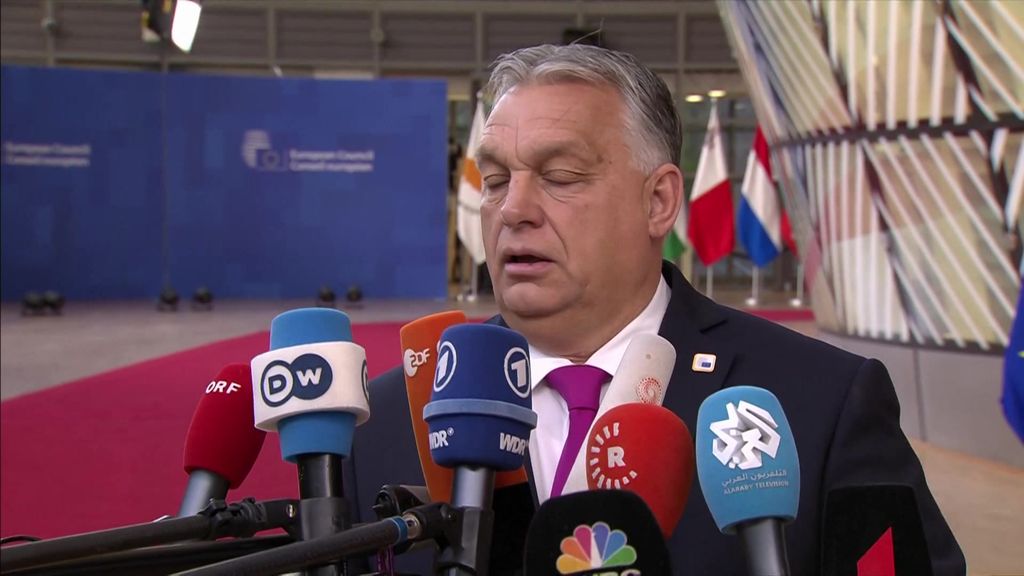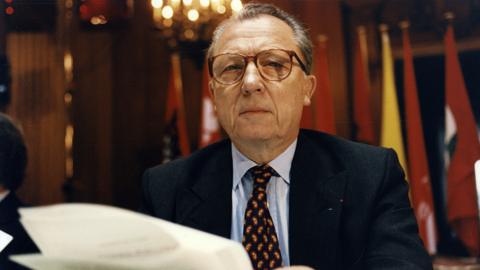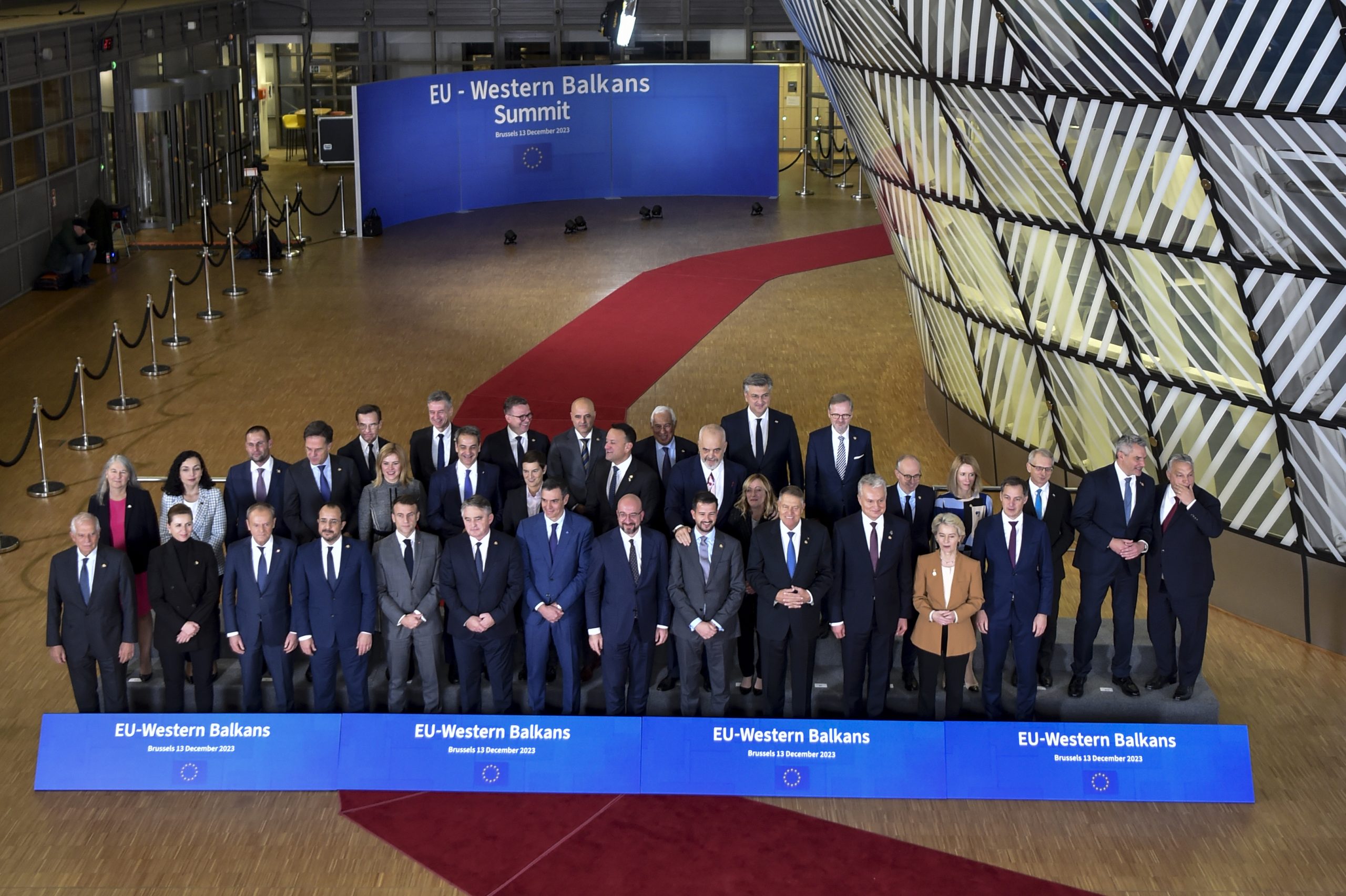With 64 billion extra dollars in resources, 26 leaders have reached consensus on every aspect of the proposed budget change through 2027. The entire package is blocked by the veto of only the premier of Hungary over funding for Kyivi. Michel concludes the talks, postponing everything until an extraordinary meeting in January.
Brussels – 27 heads of state failed to reach a consensus on the EU budget review. The decision, which needs to be made unanimously, will probably be postponed until January during an extraordinary summit. At a news conference held at the conclusion of the first day of the EU summit, which will continue this morning, European Council President Charles Michel stated, “Twenty-six leaders agree on all the components of the budget review proposal we have presented; only one disagrees.” After hours of talks with sherpas at the political and technical levels, the head of the European Council announces that there is “strong support for all components” at past two in the morning. “From 26 leaders, from support for Ukraine to migration to the solidarity fund to defence,” of the budget review However, a budget agreement needs to be approved by all members, so 27. Michel also made the decision to postpone talks rather than bringing them forward to today. He said, “We will try to reach unanimity to implement this agreement when we return to the matter early next year.”
 PM Viktor Orban said that only Hungary is against changing the EU’s financial framework until 2027. “It’s always difficult when it comes to money and financial solidarity,” he said to reporters. In essence, he is against giving Kyiv 50 billion euros in financial support from the EU budget. He made progress during the hectic hours of negotiations when he proposed allocating the 50 billion dollars of funding for Ukraine under a different vehicle and restricting the budget review to EU priorities alone. This might also clear the path for a 26-way agreement on the new instrument for Kyiv, removing the need for unanimity in order to approve financial items.
PM Viktor Orban said that only Hungary is against changing the EU’s financial framework until 2027. “It’s always difficult when it comes to money and financial solidarity,” he said to reporters. In essence, he is against giving Kyiv 50 billion euros in financial support from the EU budget. He made progress during the hectic hours of negotiations when he proposed allocating the 50 billion dollars of funding for Ukraine under a different vehicle and restricting the budget review to EU priorities alone. This might also clear the path for a 26-way agreement on the new instrument for Kyiv, removing the need for unanimity in order to approve financial items.
64 billion for new EU priorities
The compromise package presented by the Belgian politician includes support for Ukraine, the migration and external dimension, the NextGenerationEU recovery fund, the Strategic Technologies for Europe platform, interest payments, special instruments, new own resources, and components that lessen the impact on national budgets. The statistics were revised downward by the European Council, particularly with regard to new resources. The budget increase would total 64.6 billion euros, including 33 billion in loans and 10.6 billion in resource reallocations from the current framework, in accordance with Michel’s proposal, which will be revisited in January. According to Michel, Ukraine will continue to receive 50 billion euros in resources, of which 17 billion will come from grants and 33 billion from loans; 2 billion will go towards border and migration management; 7.6 billion will go towards neighbourhood and global; 1.5 billion will go towards the European Defence Fund through the new Step instrument (Strategic Technology Platform for Europe); 2 billion will go towards the Flexibility Instrument; and 1.5 billion will go towards the Solidarity and Aid Reserve.
In contrast to the European Commission’s proposal, Brussels’ financial support for Step, the clean technologies platform it suggested for EU industrial competitiveness in response to China and the U.S. Inflation Reduction Act, has been significantly reduced. The concept from the European Commission was to turn it into a fully functional Sovereign Wealth Fund, but there wasn’t enough space for it because the legislative mandate had expired and putting it up would have taken years. In light of this, the European Commission requested that EU member states raise an additional 10 billion euros until 2027 as part of the budget review. This will broaden the scope of the Union’s long-term budget, enable the platform to be implemented, and increase funding for some of the current programmes, including InvestEu (3 billion), Horizon Europe (0.5 billion), the Innovation Fund (5 billion), and the European Defence Fund (1.5 billion). The idea is drastically reduced from the compromise that Michel presented.










